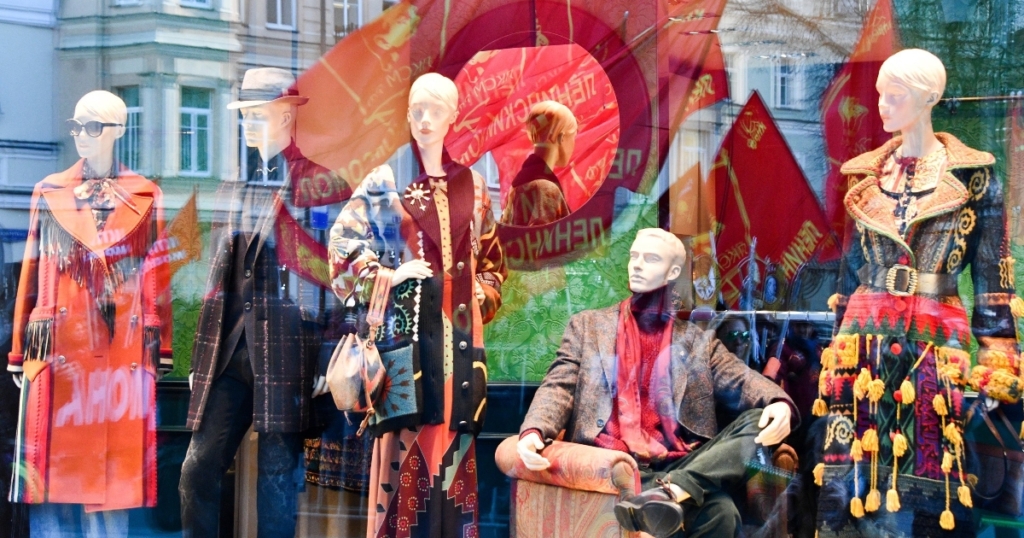
When Russian celebrities and Western brands collide
The reaction of some Russians to the Black Lives Matter movement has led to Western brands re-thinking their collaborations. Xenophobia and other types of abusive behavior look like they will become more financially risky for Russian celebrities.

- Last week we wrote about how socialite and former presidential candidate Ksenia Sobchak was dropped as a brand ambassador for German car company Audi after posting repeatedly about BLM protests. According to The Bell’s sources, Sobchak’s Audi contract may have been worth up to $400,000 per year. Sobchak filed a lawsuit against the German media outlet that reported on her posts, but she is unlikely to receive damages. Lawyers told The Bell that this case is a legal precedent: Russian celebrities have never filed lawsuits over the loss of contracts in this way before.
- A major case of a brand ambassador being ditched took place earlier this year when Pampers (owned by Procter & Gamble) and J7 (owned by PepsiCo) dropped TV host and blogger Regina Todorenko. Forbes estimated (Rus) Todorenko might lose up to $80,000 as a result of her comments about domestic abuse.
- The response of Western companies to such transgressions in recent years has been mixed. When tennis star Maria Sharapova admitted to doping in 2016, Nike immediately backed out of a $70 million collaboration. But, Nike didn’t react in 2018 when its local brand ambassador, footballer Alexander Kokorin, was jailed for two drunken fights in downtown Moscow. During the fights (caught on security cameras), and in court, Kokorin wore Nike clothes. It’s unclear if Kokorin still has a partnership with the brand, but he recently posted a photo of himself wearing Nike’s new premium sneakers.
- Fashion designer Ulyana Sergeenko and businesswoman Miroslava Duma faced a backlash in 2018 over casual use of racist language. The incident occurred when Duma posted an invitation from Sergeenko to a fashion show in Paris that used lyrics from a Kanye West song with the word “niggas”. Duma was subsequently removed from the board of an international publication about children, The Tod, which she helped set-up. Sergeenko gave a video interview (Rus) in February about the events in which she said she became an outcast as a result of the outcry. “Before we lived as if we were at Christ’s bosom, but since we have had to count our money, and take responsibility.”
- At least some of this comes down to cultural difference. “Russia is an abusive country: here companies behave vulgarly, and are less politically correct,” said Andrey Amlinsky, the former creative director of agency BBDO and owner of the advertising firm Creative Strategies. In 2004, Amlinsky authored one of the best known slogans in Russian advertising — ‘I suck for kopecks’ — that was used to promote LG vacuum cleaners.
Why the world should care There is unlikely to be a sudden end to tone deaf pronouncements by Russian celebrities that cause outrage in the West. But Russian influencers, bloggers and sports stars are gradually realising they risk financial losses by falling foul of Western ethical standards.





